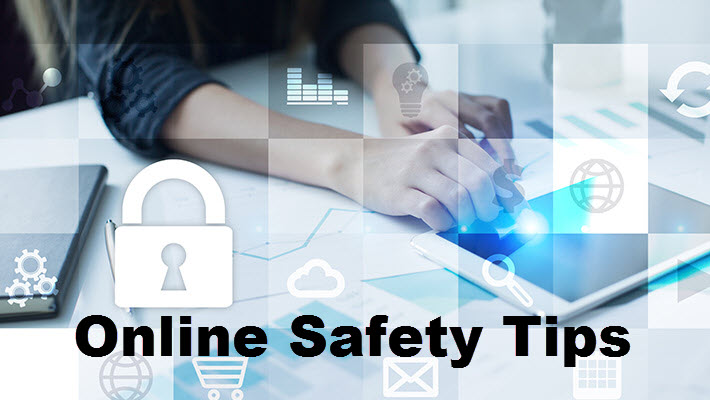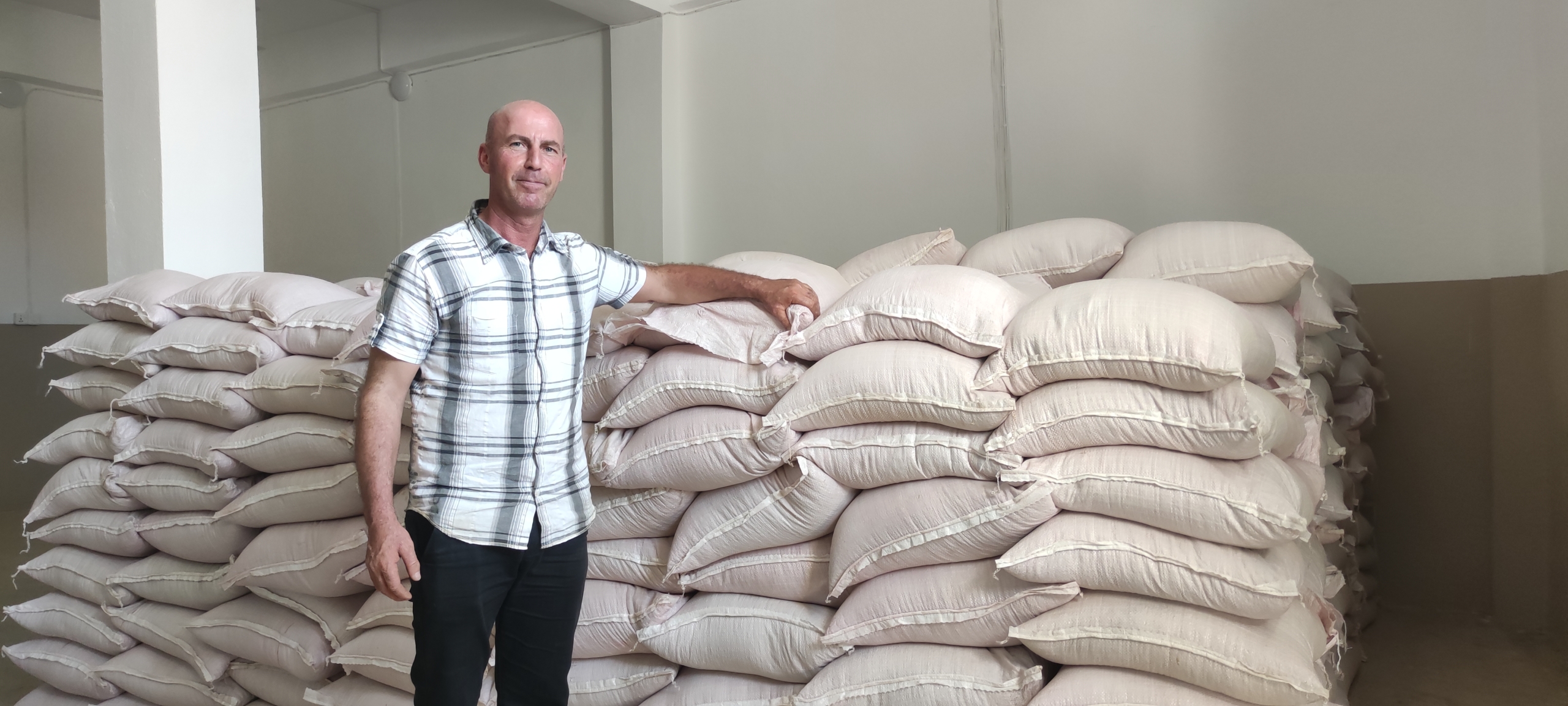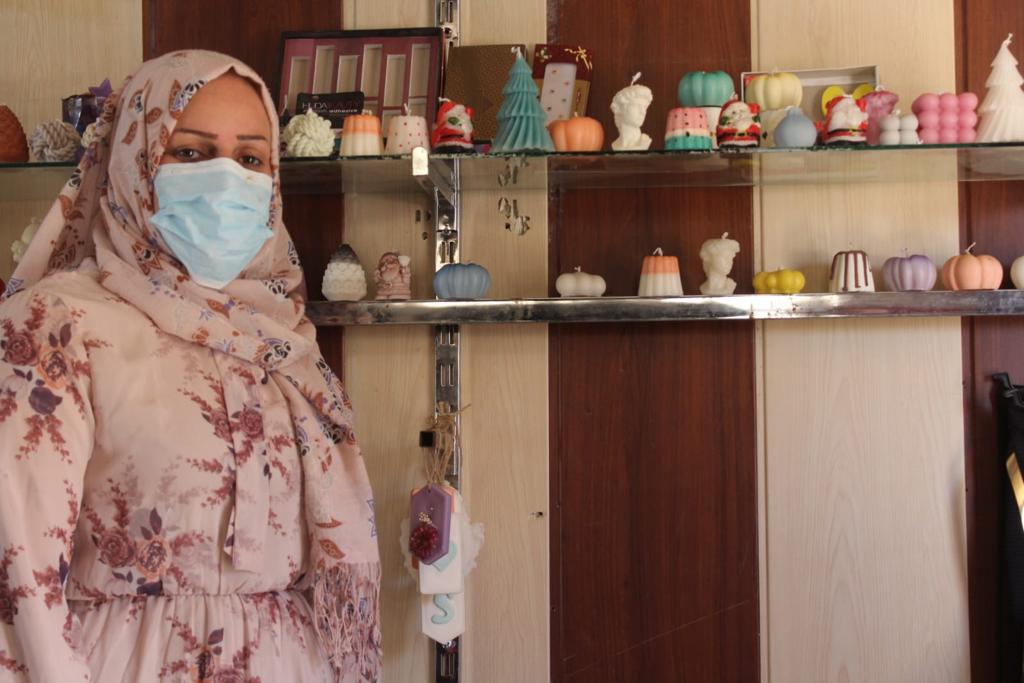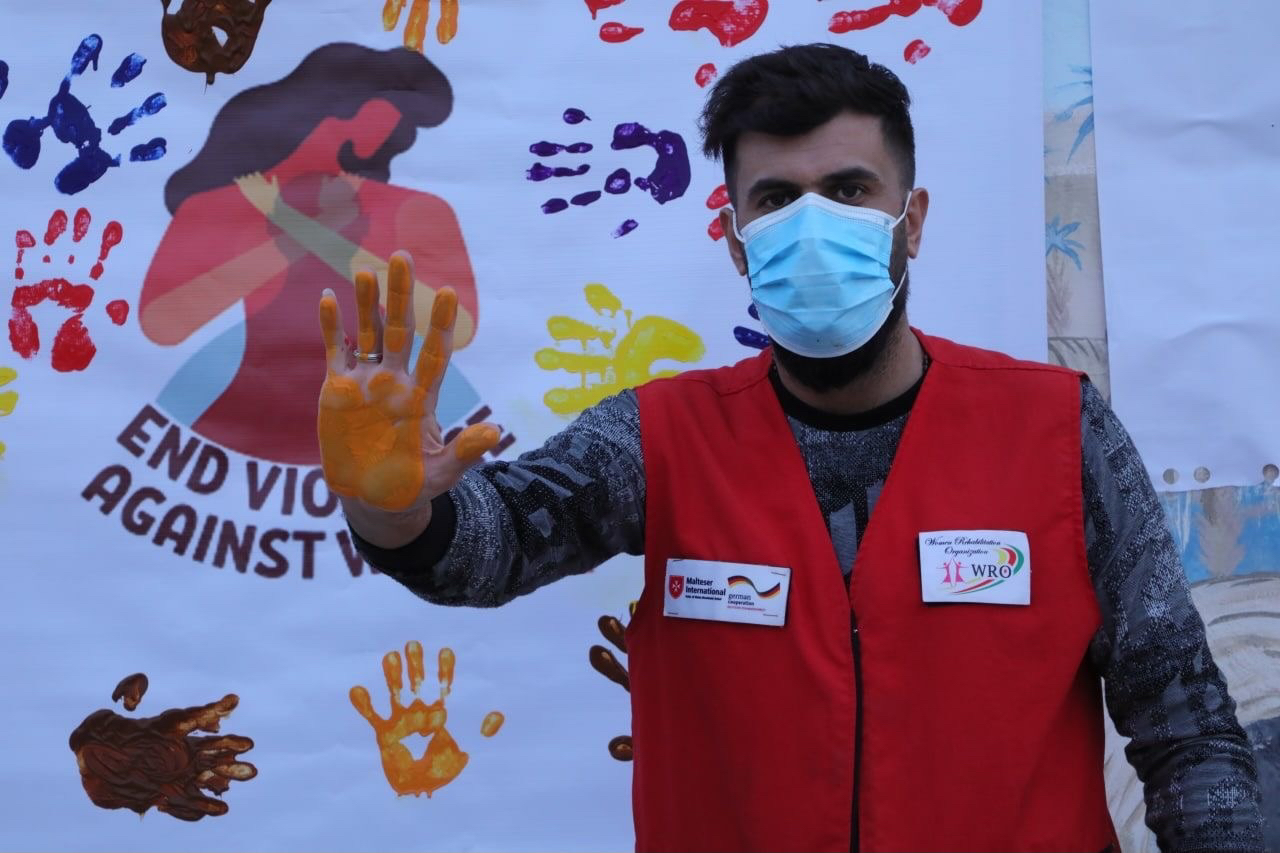Advancements in technology have improved our lives in many ways, however there remains many people who try to use this to harm others, but there are simple steps you can take to keep you, your friends, and family safe online.
Please take 12 minutes to learn all about online risks and how to be safe.
#BeSmartBeSafe #CombattingDigitalHarrassment
HOW TO STAY SAFE ONLINE
POSITIVES
Advancements and improvements in technology have had many positive impacts on our lives, such as:
- Strengthening positive social connections, bonds, and support networks with family and friends through video calls and messaging apps.
- Gather positive, helpful information to learn and grow, as well as support students in strengthening their education and study.
- Engage in positive activities for entertainment and to have fun, releasing the stresses of everyday life, like playing games, watching our favorite cartoons, movies, and series.
- Educational applications for children enhance their studying abilities and add to their basic life skills.
- Gaining positive health information on physical and mental health care practices
- Economic Opportunities: Finding job opportunities, advertising businesess and products, and encourage economic growth, creativity, innovation, and business opportunities.
- Getting information about weather conditions helps individuals better plan their travel routes and outdoor activities/events.
- Receiving news immediately to avoid natural hazards such as floods, closed ways, or when rockets hit a place as a warning alert.
- Finding great deals and discounts when buying clothes, plane tickets, food…etc Accessibility and convenience of products you need to buy on online shopping platforms, it will save your time and give you chance to review and compare prices.
NEGATIVES
- As we can see todays world revolves around technicolgy, digitcal communications and socal medias. However, we all need to be careful! Although women and girls are greatly more effected, many people are looking to take advantage and harm others not matter if they are a women, man, girl, or boy, and no matter the age, where they live, and demographic.
- This can happen while using social media, in emails, texting, and even just through phone calls. Such harmful actions include:
- Exploiting, harassing, abusing, intimidation, defamation, stalking, impersonating, cyberbullying, hate speech, threating, shaming: This includes:
- Any form of harassment, intimidation, or bullying.
- Constantly sending messages without their approval or consent.
- Sending hurtful or threatening messages.
- Spreading rumors or lies.
- Impersonating someone else online.
- Sharing private or embarrassing information without consent.
- Continuously monitoring someone’s online activity.
- Repeatedly sending abusive messages or threats to someone.
- Online scams, fraud, and asking for money or other suspicious requests or promises from strangers or even people you know!
- Digital Manipulation of digitally altered photos or videos that spread false narratives or harm reputations.
CONSEQUENCES
- Such experiences can have very bad consequences such as:
- Digital Addiction & Social Pressures: Getting addicted to social media leads to disruption in meaningful relationships with your family, sleep deprivation, isolation, and poor mental health, including depression, anxiety, low self-esteem, and even suicidal ideas. (You always compare yourself to others online and envy them).
- Procrastination: Using too much social media leads to procrastination and distraction of daily works.
- Psychological Violence: Online harassment and abuse can have long-term psychological effects, including anxiety, depression, and post-traumatic stress disorder (PTSD).
- Changes in behavior, such as dissatisfaction and increased intolerance, especially with adolescents or marginalized communities
- Physical Health: Excessive screen time from social media addiction can cause obesity, eye strain, headaches, and musculoskeletal issues due to sedentary behavior.
- Social Skills Decline: Overuse of social media can impair real-world communication skills, making it difficult to form and maintain relationships offline.
- Academic and Career Setbacks: Social media addiction leads to procrastination and distraction, hindering academic performance and career opportunities.
- Misinformation: False news on social media can sow distrust and influence public opinion on important issues.
PROTECTION
- But always remember, you have a right to feel safe and comfortable and respected while online!
- This doesn’t mean we need to throw our phones away. But by taking several key steps, you can protect yourself, your friends, and your family and have a nice experience online:
- Privacy Settings: Review and adjust the privacy settings on your social media accounts and other online platforms to control who can see your posts, photos, location and personal information.
- Secure Passwords: Use strong, unique passwords for all your phone, laptops, computers, devices and online accounts and consider enabling two-factor authentication for an extra layer of security. Change passwords regularly and never share with others.
- Log Out, Don’t Answer, and Block: Log out of accounts when not in use, do not answer calls from strange unknown numbers, and block immediately any contact or page that you are not comfortable with.
- Security Updates: Update regular software on electronic devices to ensure you have the latest security updates.
- Think Before You Share: Be cautious about what you share online, including personal information, photos, and opinions. Once something is posted online, it can be difficult to remove or control who sees it. It is often best, to never post any personal information online.
- Block and Report: If you encounter harassment or abusive behavior online, block the person responsible and report their actions to the relevant platform. Most social media platforms and websites have mechanisms in place to deal with harassment and bullying.
- Don’t Engage: Avoid responding to or engaging with trolls, cyberbullies, or harassers. Responding to negative comments or threats can often escalate the situation and give the harasser the attention they seek.
- Keep Evidence: If you are being harassed online, keep records of the abusive messages, comments, or posts. This documentation may be useful if you need to report the harassment to authorities or the platform’s administrators.
- Seek Support: Don’t hesitate to reach out to friends, family members, or trusted adults for support if you experience digital harassment. Talking to someone you trust can provide emotional support and help you navigate the situation.
- Educate Yourself: Stay informed about online safety best practices and resources available to you. Many organizations and websites offer tips and guidance on how to stay safe online and deal with digital harassment.
- Limit Online Exposure: Consider limiting the amount of personal information you share online and be mindful of who you accept as friends or followers on social media.
- Report Illegal Activity: If you are being threatened or harassed online in a way that violates the law, such as doxxing or revenge porn, consider reporting the incident to law enforcement authorities.
- Sources: When searching for information online, rely on reputable sources and fact-checked information to avoid spreading misleading information. Never click on suspicious links or attachments.
- Manage Notifications: Turning off unnecessary notifications to avoid distraction.
- Managing Feeds: Following only positive accounts, reading only beneficial websites and muting the negativity for a better mental wellbeing. If it is not helping you in a positive way, block that page.
- Avoid dealing with strangers: Teach children to be wary of unknown people online. Avoid accepting friend requests or engaging in conversations with strangers.
- ASK FOR HELP: If you are not sure what to do, ask a trusted person for help, but be careful about sharing information that may harm you further.
- Be Mindful of Geotagging: Disable location services and geotagging features on your devices and social media accounts to prevent disclosing your exact whereabouts to strangers.
- Review App Permissions: Regularly review and update the permissions granted to apps on your devices to ensure they only have access to necessary information and functions.
- Enable Parental Controls: Set up parental controls on devices used by children to limit their exposure to inappropriate content and manage their online activities.
- Beware of Phishing Emails and message: Be cautious of emails and messages from unknown senders or suspicious-looking messages requesting personal information or prompting you to click on links. Avoid downloading attachments from unfamiliar sources, as they may contain malware.
CRIMINAL LAW AND PREVENTION
- Everyone deserves to be respected and feel comfortable online and when communicating with others. Those that are or are thinking about harming others online, should stop immediately!
- Legal Consequences: Perpetrators of online harassment and cybercrime face legal and criminal consequences, including fines, imprisonment, and civil lawsuits. These actions are against the law, and perpetrators can be punished by the law, but they must engage in prevention to reduce the risk of being victimized online.
- Community Consequences: Perpetrators of online harassment and cybercrime face social and community backlash, including public condemnation, social exclusion, and damage to their reputation. This harms personal and professional relationships.
- Erosion of Trust: Online harassment and cybercrime undermine trust within communities, making people suspicious of others’ intentions. This leads to social isolation and fragmentation as individuals lose faith in their peers, neighbors, and colleagues.
- Breakdown of Social Cohesion: Persistent online harassment and cybercrime disrupt social cohesion, causing individuals to withdraw from community interactions. This weakens community bonds, hindering effective collaboration and problem-solving.
- Immoral & Unethical: Harming others is immoral and against all religious principles, laws, and decent social behavior.
Be Smart, Be Safe!








